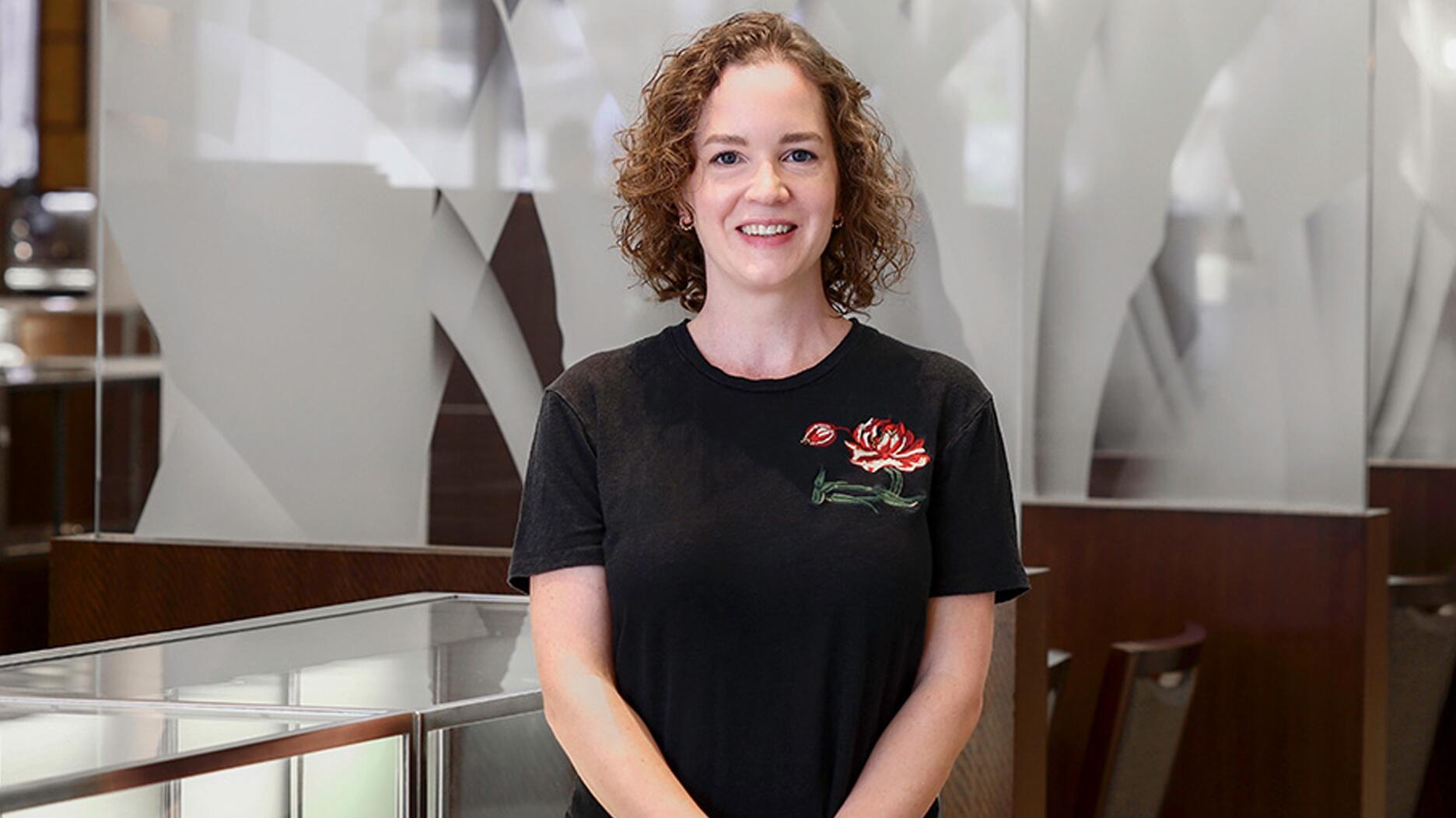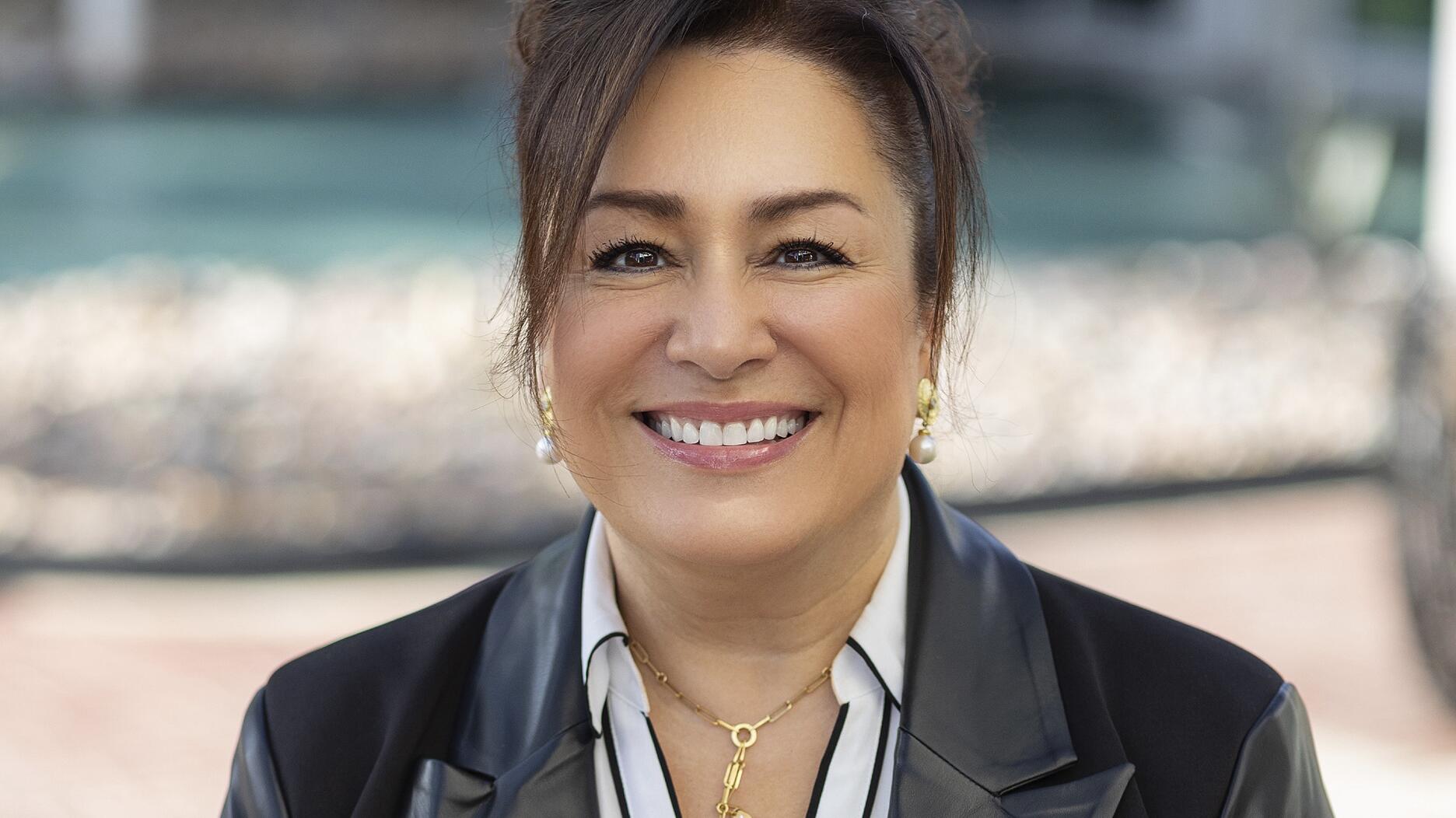Beverly Hills was chosen as the location for the brand’s first store, designed as a “private residence for modern monarchs.”
Jewelers Riding Out the Storms
From floods to fires, retailers in two states share their experiences with extreme weather and how their businesses are coping.

One day this past July, the New York summer sun struggled to break through a red-orange haze as smoke from West Coast wildfires traveled more than 2,500 miles and hung over the city, prompting millions of phones to ding with air quality safety alerts.
It was an atypical event for the East Coast city but, when it comes to the weather, what was once unusual has become increasingly common worldwide.
A polar vortex swept through Texas in February, dragging temperatures down to record lows and leaving millions freezing in the dark as the electric grid failed.
In Seattle and Portland, Oregon—two popular Pacific Northwest cities known for their mild summers—temperatures hit record highs in June, soaring well above 100° F.
As extreme weather events become the norm, retailers have to navigate what that means for their businesses, from safety precautions to insurance costs.
National Jeweler spoke to jewelers and insurance providers to find out how they’re handling what’s quickly becoming commonplace.
Back to Insurance Basics
Insurance is an essential, albeit tricky, expense for retailers, with policy coverage varying based on myriad factors.
When it comes to weather-related insurance, it can get even more complicated.
A standard commercial lines policy will cover wind- and weather-related events, explains Joe LaRocca, vice president of commercial lines at Berkley Asset Protection, but limitations may apply depending on your specific location.
Some of the basic weather-related damage covered includes: fire, lightning, smoke, windstorm, hail, weight of snow, ice, sleet, and water damage, such as from a burst pipe or a backed-up sewer rather than a flood.
Normally, flood and earthquake damage are specifically excluded from coverage, says LaRocca, due to their catastrophic damage potential.
When looking at the potential for total damage from these two events—meaning all the insurance policies in a small geographic area—it can be too great to be covered under most insurance policies. (Flood insurance, he notes, is available through the National Flood Insurance Program.)
The point of having insurance is indemnification, which means restoring a customer’s business to what it was, or close to what it was, before the loss, explains John Fierst, vice president of underwriting programs at Jewelers Mutual Group.
Ideally, customers and insurance agents work together to figure out the amount of coverage needed to adequately protect property for a weather-related event.
However, as unprecedented weather events pop up with greater frequency, agents and customers are taking notice.
Though the basic coverage level has not changed, says LaRocca, insurance carriers are paying more attention to the risks in specific areas that are more prone to extreme weather events.
California, for example, is at a heightened risk for wildfires while Florida experiences windstorms frequently and low-lying areas along the Gulf Coast are prone to flooding.
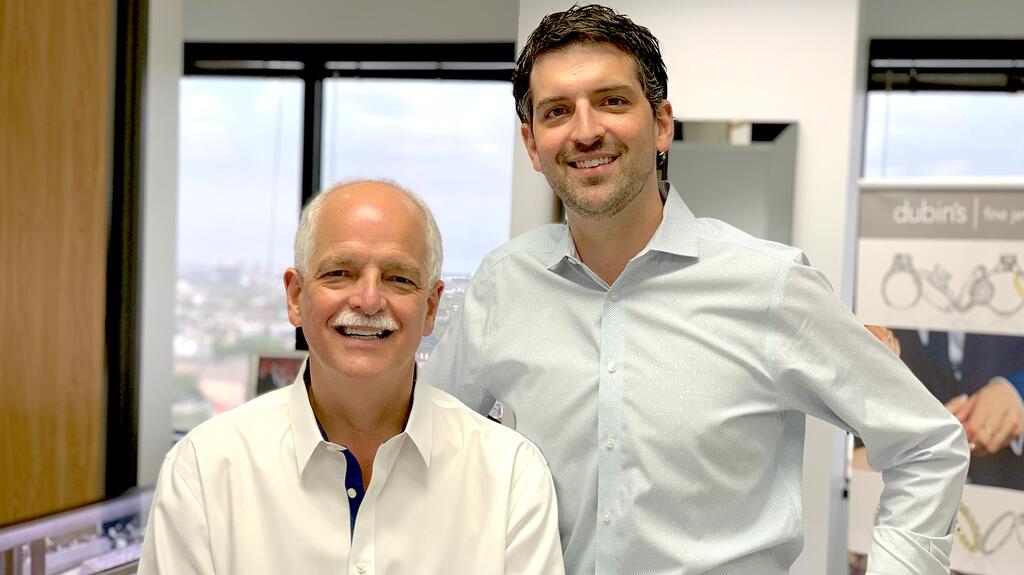
Floods, Freezes, and Fires
Jordan Dubin of Dubin’s Fine Jewelry in Houston is on high alert from June to November, the length of hurricane season.
His father, Lenny Dubin, founded the store three decades ago, setting up shop about 50 miles from the Gulf of Mexico.
Even when hurricane season passes, the coast isn’t quite clear anymore.
“We have also become accustomed to street and neighborhood flooding that can happen on just a regular rainy day,” says Dubin.
The city has extensive bayou and reservoir systems to keep up with its 50-inch average annual rainfall, he says. But when those systems are overtaxed, it can cause widespread devastation to the surrounding communities.
“The ability to be flexible is key. Nothing lasts forever so what we did five days or five years ago will likely look different in the future.”—Jordan Dubin, Dubin's Fine Jewelry
Dubin has dealt with his fair share, and then some, of flooding, living through three severe flooding events three years in a row, all within the past six years.
There was the Memorial Day flood of 2015, the Tax Day flood of 2016, and then Hurricane Harvey the following year.
What started as a weak tropical storm intensified into a Category 4 hurricane, as per the National Hurricane Center, making landfall in Texas and Louisiana in August 2017.
It brought historic rainfall of more than 60 inches over southeastern Texas, causing catastrophic flooding and 68 direct deaths.
Hurricane Harvey flooded the homes of both Dubin and his parents.
Their jewelry store is located on the 14th floor of an office building, so he has not had to make changes to his insurance policy in light of the events.
He notes, though, that the cost of both his general liability and Jewelers Block policies have steadily increased over the last 10 years.
And, of course, all these floods impact how many days his store is open.
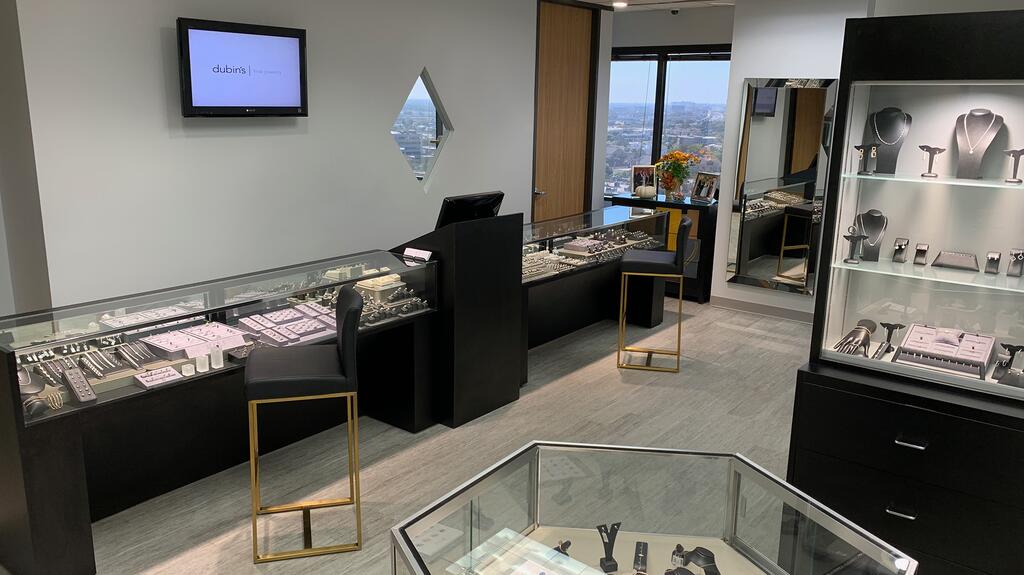
Dubin says he closes the store in preparation for any extreme weather events, for the safety of both his family and his clients.
In the case of Hurricane Harvey, he says: “We closed the Friday before Harvey made landfall to prepare our families and homes. Since both my home and my father’s home flooded, we closed the store for one week after Harvey tore through Houston. That week allowed us to begin the long road to recovery.”
The past few years have prepared Dubin for flooding, but the big freeze this February took Houstonians by surprise, with temperatures dropping to a historic low of 5° F.
An arctic cold front passed over southeastern Texas on Valentine’s Day, as per the National Weather Service, bringing snow, sleet, and freezing rain. Temperatures plummeted into the teens or single digits, with wind chills in the single digits or below zero.
The icy conditions and the extreme cold made roads impassable, and caused widespread power outages that lasted for days.
Dubin recalls the significant damage to homes across the area, from prolonged power outages to broken water pipes.
And his store, of course, was closed for a week.
On the West Coast, Debbie Fox of Fox Fine Jewelry in Ventura, California, is dealing with extreme weather of a different kind.
“The danger here is fire, and we have fire coverage,” says Fox.
In December 2017, the Thomas Fire tore through Ventura and Santa Barbara counties after high winds caused power lines to meet, according to the Ventura County Fire Department.
This created an electrical arc, which caused the fire that burned a total of 281,893 acres and destroyed 1,063 structures. One civilian and one firefighter were killed in the blaze.
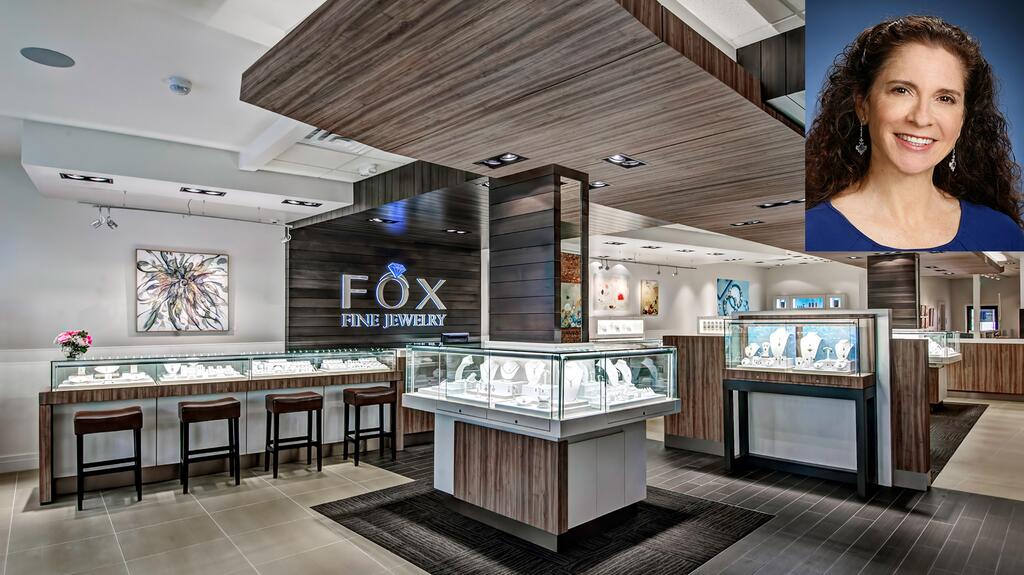
It only took a few hours for the fire to reach Fox’s town, sending hundreds of Ventura homes up in flames, “igniting in succession like matchsticks,” she recalls.
During the busy December shopping season, Fox had to close her doors for a week due to the smoke, sending her sales plummeting.
Wildfires aside, even the daily weather in her section of Southern California has undergone a change, she says, echoing what Dubin noted in Houston.
“The weather is clearly different, marked by long periods of complete dryness and an uptick in the duration and intensity of howling winds. When it does rain, it pours,” says Fox.
As for her insurance rates, she doesn’t believe the devastating 2017 Thomas Fire pushed them higher, but rising costs could be on the horizon.
“The rapidly changing climate is a real concern, but our store and family are deeply rooted in the community. Moving our business would be starting over.”—Debbie Fox, Fox Fine Jewelry
Rising Tides, Rising Costs
A rising tide lifts all boats, and the risk of flooding, and insurance premiums.
“Over the past 10 years, the insurance market has seen a distinct increase in weather-related claims, from hurricane frequency to droughts causing wildfire activity,” says Greg Smith, executive vice president at Berkley Asset Protection.
Generally speaking, an increase in the frequency of these events has driven up loss costs, says Smith, which, in turn, has led to premium increases. And when losses do occur, the increased costs of labor and materials, like lumber, only add to the rising costs.
For Berkley, premiums for jewelers have been down on average over the last 10 years, though rates have increased modestly over the past 18 months.
(Jewelers Mutual declined to share information on the trajectory of premium costs.)
Jewelers Mutual’s Fierst explains that insurance rates are developed in anticipation of future loss.
Actuaries look at past loss and premium trends, then try to project the price an insurance company needs to charge to cover the anticipated loss payments.
An actuary also takes into account the expenses required to manage and administer the insurance to customers.
“Significant weather events in the recent past will affect trending analysis and as such, increased insurance rates in anticipation of future weather-related loss events are likely reflected in insurance rates presented to a client,” he says.
But it’s not just the number of weather-related insurance claims that should be taken into account, says Andrew Chipman, vice president of Jewelers Block at Berkley Asset Protection.
Real estate valuations and population growth in catastrophe-prone areas are also contributing to an increase in the frequency of claims and the cost of claims.
Insurance claims cost more when there is a natural catastrophe in 2021 than in 2011, partly due to socio-economic circumstances, he says.
For example, there are more people living near the Atlantic Coast in the U.S. than ever before, he says, which means more property development.
“All this new development, as well as the existing property, are near historic highs in terms of valuation, which means that the cost to rebuild/replace from 10 years ago is dramatically higher,” says Chipman.
The same concept applies to California wildfires, he adds.
Generally speaking, deductibles are being used on the policies of both homeowners and business owners to address certain weather-related concerns, says Chipman.
Instead of having a flat deductible, the deductible is instead a percentage ranging from 1 to 5 percent of the total loss.
Percentage deductibles are used commonly for hurricanes and the idea is also gaining traction with wildfires, says Chipman.
Be Prepared
There’s no way to prevent a weather-related catastrophe, but Jewelers Mutual shared some pointers to help jewelers better prepare themselves.
First, work closely with an insurance agent to be sure the policy you have for your business is right for its needs. Since not all weather events are automatically covered, be mindful of the type of extreme weather events happening in your area.
Know the limit of the insurance purchased under a policy and be sure the limit carried is enough to pay for your lost property if a weather event should lead to a total loss.
Jewelers Mutual also makes this note: “Your insurance policy is designed to respond to sudden and accidental weather events. It is your responsibility to maintain the condition of your building and to make the repairs typical to building ownership.”
It’s also a good idea to keep detailed copies—both physical and digital—of inventory on hand, including owned goods, memo goods, and customer items.
When it comes to store furnishings, pictures or videos can help accelerate the claims process.
If you have fair warning that bad weather is on the way, be sure your inventory is secured in a vault or safe, or have it brought to a secure facility via armored carrier. Boarding up the windows is also a good call to prevent storm damage.
Keep a list of contractors handy who are capable of taking care of everything from water damage and electricity to alarm systems and showcase repair.
And, finally, be aware of pending weather-related events and heed all warnings to close the store or evacuate, if need be.
The lives and safety of you and your staff are of the utmost importance. Let insurance handle what’s replaceable.
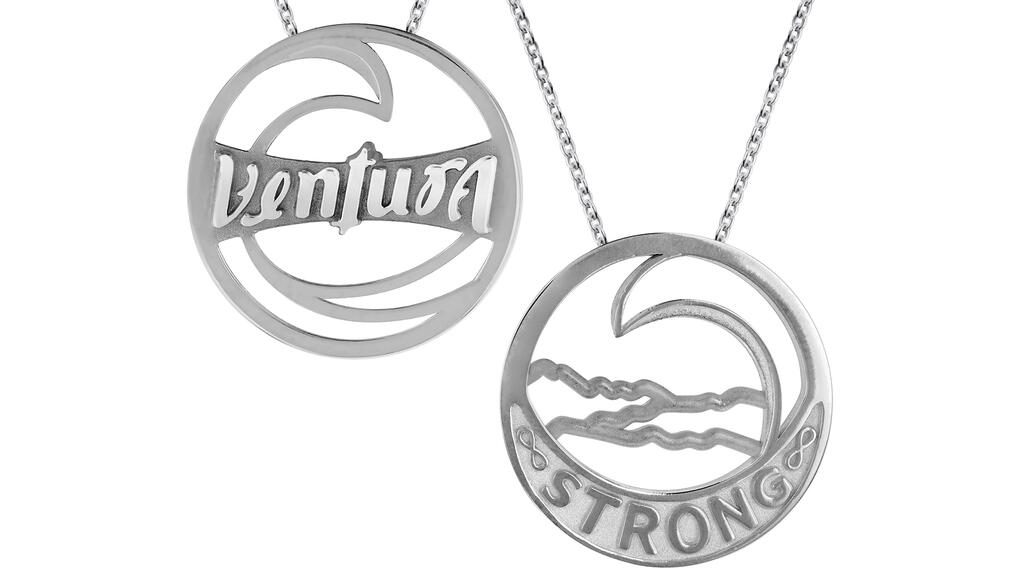
Looking Ahead
All the preparation in the world still may not be enough to prepare you for Mother Nature at her full power.
Nevertheless, Dubin and Fox stand firm in their shared belief that their businesses will continue to thrive in the face of adversity.
Looking at his business in the long term, Dubin is hopeful.
“Whether it be the increase in extreme weather events or other unforeseen, out-of-my-control circumstances, the ability to be flexible is key. Nothing lasts forever (except diamonds, of course) so what we did five days or five years ago will likely look different in the future.
“It starts with having a mindset [of being] willing to change.”
Though the devastation left in Hurricane Harvey’s wake was great, Dubin says he was fortunate in how quickly his local community was able to bounce back, calling it “nothing short of remarkable.”
Building back a community is a group effort, something Dubin and Fox know well.
Through that time of turmoil, Dubin reached out to the community.
“After Hurricane Harvey, we invited our clients in for complimentary cleanings and appraisals. There was quite a bit of water damage to watches and jewelry from dirty flood waters,” he says.
“Some clients lost pieces either during the flood or afterward during clean-up and remediation.”
Likewise, when Fox saw her community suffering, the jeweler helped in the best way she knew how.
“After the Thomas Fire swept through our town, we made custom diamond necklaces and gave them to those whose houses were burned,” says Fox.
Around 300 customers who had lost their homes came to claim a diamond necklace.
“Paradoxically, this had a tremendously positive impact on our business,” she says.
The store also began selling the Ventura-themed necklace to those who wanted to show their support, donating half of the proceeds to the Thomas Fire Fund.
Climate change is worrying for both jewelers, but their ties to the community are too strong to close up shop and move.
“The rapidly changing climate is a real concern, but our store and family are deeply rooted in the community,” says Fox. “Moving our business would be starting over.”
Extreme weather is becoming the norm, says Dubin, and as he experiences the impact first-hand, he remains hopeful that people can slow, stop, or reverse the effects of human-caused climate change.
“From hurricanes to flooding on a rainy day [and] now, of course, a pandemic, we bounce back,” he says.
“Love triumphs over everything else, which is what jewelry is all about.”
The Latest

Kering, Apple, and other retailers have reportedly temporarily closed stores in the Middle East region in light of the recent conflicts.

Beth Gerstein discusses the vibe of the new store, what customers want when fine jewelry shopping today, and the details of “Date Night.”

Every jeweler faces the same challenge: helping customers protect what they love. Here’s the solution designed for today’s jewelry business.
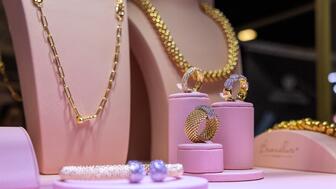
Nearly half of buyers are prioritizing silver and fashion collections this season, organizers said.


The “Live Now. Polish Later.” campaign features equestrians wearing the brand’s jewels while galloping across the icy plains of Kazakhstan.

The precious metals provider has promoted Jennifer Ashworth to the role.

With refreshed branding, a new website, updated courses, and a pathway for growth, DCA is dedicated to supporting retail staff development.

Nelson will be honored as the inaugural grant winner at the Gem Awards gala on March 13.

Experts from India weigh in the politics, policies, and market dynamics for diamantaires to monitor in 2026 and beyond.
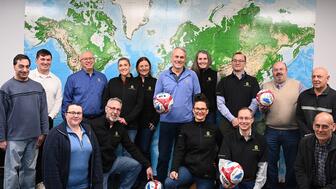
The American precious metals refiner’s day-to-day operations remain the same post-acquisition.
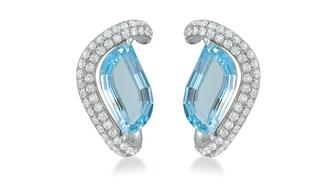
These aquamarine jewels channel the calming energy of the March birthstone.
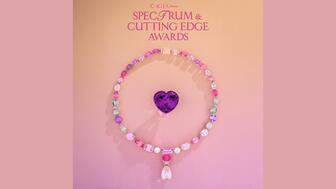
The “Innovative Design” category and award will debut in the Spectrum division of this year’s AGTA Spectrum & Cutting Edge Awards.

Diamond jewelry was the star of the event formerly known as the SAG Awards.

Consumers were somewhat less worried about the future, though concerns about rising prices and politics remained.
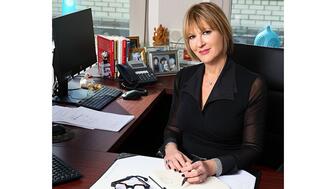
Foerster is this year’s Stanley Schechter Award recipient.

Sponsorships and tickets to the annual fundraising event, set for May 31, are available now.

Chicago police and members of the U.S. Marshals Service tracked down the 35-year-old suspect earlier this week in St. Louis.

Owners of the Ekapa Mine reportedly filed for liquidation about a week after a mudslide trapped five workers who have yet to be found.
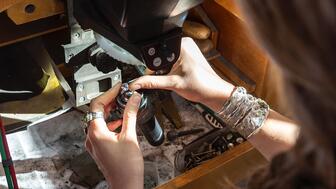
A 10-year alliance has also begun to address the shortage of bench jewelers through scholarships, enhanced programs, and updated equipment.
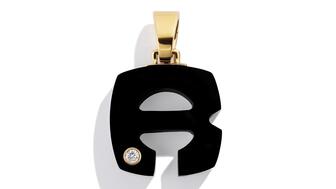
The “Splendente” collection has evolved to feature hardstone letter pendants, including our Piece of the Week, the onyx “R.”
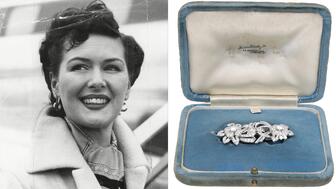
The jewelry collection belonged to “one of society's most glamorous and beautiful women of the mid-20th century,” said the auction house.
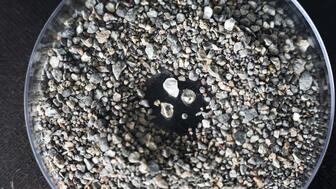
The update came as Anglo took its third write-down on the diamond miner and marketer, which lost more than $500 million in 2025.

Emmanuel Raheb discusses the rise of “GEO” and the importance of having well-written, quality content on your website.
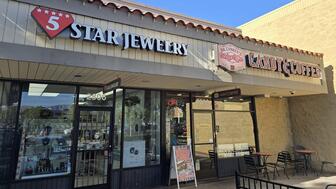
Each received around four years for burglarizing a jewelry store and a coffee shop in Simi Valley, California, last May.

Catherine Aulick, a GIA graduate, received the ninth and final Gianmaria Buccellati Foundation Award for Excellence in Jewelry Design.

We asked a jewelry historian, designer, bridal director, and wedding expert what’s trending in engagement rings. Here’s what they said.










